IMPACT REPORT – 2024
WELCOME TO OUR ECOSYSTEM OF CHANGE
SKULTCHA operates as a team of passionate, innovative, authentic, committed and unusual (maybe crazy) professionals who have found their purpose in life, to shift corporate, personal and community culture for a better world. We are a ‘ecosystem of systemic change agents’ all having various skills, knowledge, experience – some might even have super powers!
Below is a snap-shot of our IMPACT REPORT and you can download the full report to read it off-line at your leisure.
SKULTCHA IMPACT MAP
WHO WE WORK WITH
CLIENT MIX
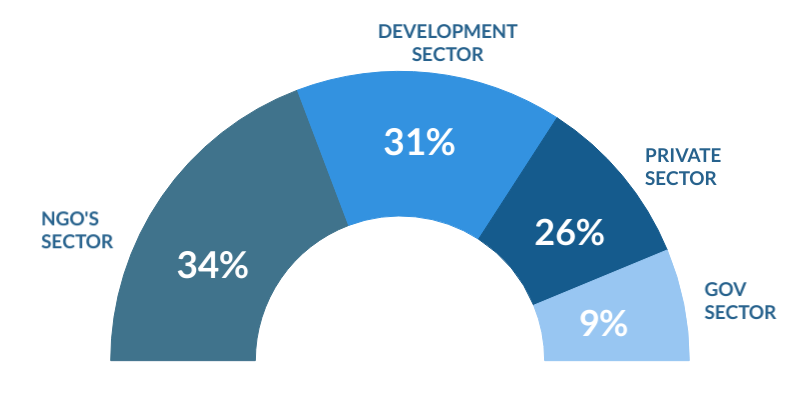
We work with a diverse variety of people and organisations, including the private sector, governments, NGOs, development aid partners and donors.
SECTOR MIX
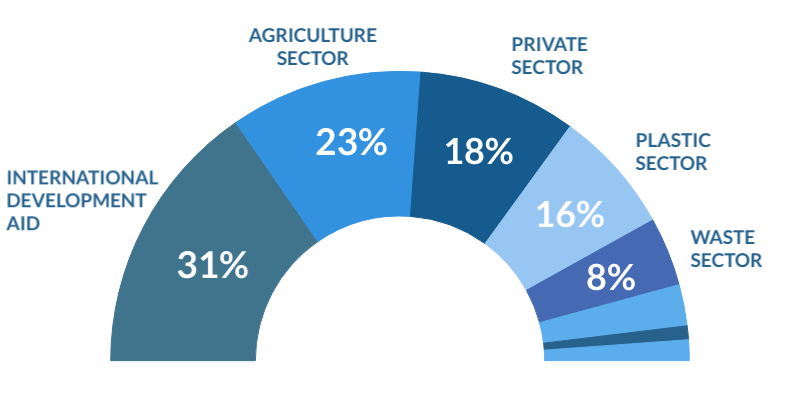
We work across a range of sectors, including mining, international development aid, waste management, plastic industry, manufacturing, agriculture, ITC(Information and Communications Technology), art and culture, health, energy, banking and finance.




PARTNERS FOR IMPACT




CLIENTS SHIFTED

















ESG AFRICA CONFERENCE
Change Through Leadership
PROJECTS AND COLLABORATION

Client: Vedanta Zinc International, Black Mountain Mining (BMM)
Project: Biodiversity collaboration between IUCN and BMM for Gamsberg
Partner: International Union for the Conservation of Nature (IUCN)
Scope: South Africa
Date: 2020 to 2024
Sector: Mining
Key impact areas: Mainstreaming biodiversity into mining, biodiversity management
Focus: Support biodiversity mainstreaming into the Vedanta BMM, Gamsberg mining project through:
- Improvement and implementation of the biodiversity management plan
- Implementation and monitoring of the biodiversity offset
- Development and implementation of an integrated biodiversity monitoring system
- Development of a long-term integrated landscape biodiversity strategy for BMM
- Improve communication and stakeholders engagement.
- Improve internal governance
Key interventions, processes and tools: co-creation of inputs for strategy development, long-term and integrated approach to strategy development, improvement of communication
Biggest shifts: internal culture shift, team cohesion, integrated approach, research, capacity building, strategic advice, system approach to thinking about impact and legacy.
https://www.iucn.org/our-work/topic/extractive-energy-and-infrastructure
https://www.vedantalimited.com/eng/esg_biodiversity.php

Client: Belgotex
Project: Belgotex Circularity/Circular Economy Strategy
Scope: South Africa and Africa
Date: 2022/23
Sector: Manufacturing, carpet and artificial grass manufacturer
Key impact areas: Circularity/Circular Economy Strategy, sustainability, ESG
Focus: Support leadership in developing a circular economy/circularity strategy for the company, coaching and mentor circularity manager in developing strategy
Key interventions, processes and tools: mentoring and coaching supporting co-creation of inputs for strategy development, co-designed approach for strategy development
Biggest shifts: co-created clear milestones and priorities moving forward, improved momentum and motivation, improvement of confidence and sense of agency.

Client: ICRAF
Project: Regreening Africa and Africa Great Green Wall (GGW)
Partner: SHARED
Scope: Africa
Date: January 2023
Sector: International Development Aid
Key impact areas: climate smart agriculture, resilience, climate change adaptation, biodiversity, land restoration, forestry, soil management, livelihoods, sustainable development
Focus: inclusive and systemic facilitation to:
- Share knowledge and strengthen capacity on promising practices and approaches in sustainable land management with lessons from the Regreening Africa Initiative and partners
- Reflect on what has worked well, what has not worked and why
- Prioritise key areas for scaling and improvement for the GGW moving forward
- Strengthen momentum and capacity for the harmonized results management framework and the multi-purpose platform, discussing tools, approaches, and opportunities
- Discussing pillar leadership and data stewardship roles in data management structure
- Introduce the participants to foresight and enable them to discuss future scenarios for current practices and approaches through foresight application
Key interventions, processes and tools: team reflective and learning journey, foresight analysis to support system change, inclusive and systemic stakeholders engagement, co-creation of inputs for strategy development
Biggest shifts: team better understanding of their systemic impacts, team taking a more system approach to their planning, team cohesion and sense of purpose
https://regreeningafrica.org/ https://www.unccd.int/our-work/ggwi

Client: SA Plastic
Project Name: Plastic SA – Sustainability Strategy implementation
Scope: South Africa
Date: 2023
Sector: Private sector, Plastic industry
Key impact areas: sustainable economic development, circular economy, sustainability, ESG
Focus: transformative and systemic facilitation of team session to:
- Set collective intent for suitability strategy
- Co-agreement on what success looks like
- Strategise and prioritise on the WIN for the key performance areas to implement the strategy for 2023/2024
- Co-identify implementation guiding principles
- Co-identify key milestones and processes: co-develop implementation roadmap
- Co-identify key challenges, opportunities and areas for improvement
Key interventions, processes and tools: team reflective and learning journey, co-agreement on what success is, co-design of implementation roadmap
Biggest shifts: clear implementation direction with roadmap, clear role and responsibilities, clear individual and collective sense of accountability and responsibilities, team cohesion and sense of purpose, trust

Client Pro-Bono: National Mentorship Movement (NMM)
Project: Strategic support for sustainable development
Scope: South Africa
Date : 2022/2023
Key impact areas: youth development, entrepreneurship, personal development, social cohesion, economic development, sustainable development
Sector: NGOs, development
Focus: Supported and facilitated the NMM to:
- Strategise their fundraising and marketing approach (though innovative sprints)
- Co-design of the NMM programmatic approach to programme development and fundraising
- Build team cohesion, direction and sense of purpose
Key intervention, processes and tools: co-design of strategy, team building, innovative sprints, system change approach to strategy development
Biggest shifts: changed of mindset about their why and their impact, team cohesion and sense of purpose, clear direction on priorities, development of theory of change, adopt of system approach.

Client: Canadian International Development Research Center
Project: The Catalyzing Change for Healthy & Sustainable Food Systems (CCHeFS) Initiative
Scope: Multi Countries Africa
Date: 2022/2023
Partner: Athari
Sector: International development aid
Key impact areas: Food systems, nutrition, health
Focus: Co-designed and co-facilitated a learning review and journey for the CCHeFS Initiative Team to:
- Build a sense of community among CCHEFS projects- to expand or strengthen existing networks and collaborations and lay the groundwork for building a Community of Practise of food systems actors across Africa.
- Facilitate knowledge sharing and learning among CCHeFS project teams about their research activities, with a particular focus on knowledge translation and facilitating the uptake of research finding by key knowledge users.
Key interventions, processes and tools: team reflective and learning journey, transformative and systemic facilitation
Biggest shifts: development of a learning mindset and culture , shared understanding of key learnings, learning, team cohesion, sense of community and belonging, shifted mindset and thinking to support system and transformative approach, co-generated new knowledge, capacity, shared understanding and learnings

Client: AICCRA and CORAF
Project: Foresight training
Partner: SHARED
Scope: Central and West Africa
Date: 2022
Sector: agriculture, international development aid
Key impact areas: Climate smart agriculture, climate change adaptation, food security, pests and diseases, foresight, resilient livelihoods, inclusive and sustainable livelihoods
Focus: The overall objective was to build capacity in foresight tools and methods to support climate smart agriculture priorities in research, implementation, policy, and agricultural investment planning for NARIs and NARS stakeholders. Within this objective, the following sub-objectives were pursued:
- Develop soft skills and facilitation capacity in the Community of Practise (CoP)
- Provide the capacity to collaboratively , reflect and consider how to improve the process.
- Deepening of foresight tools, methods, and approaches including horizon scanning, stakeholder mapping, visioning, and scenario planning, and how best to contextualise them to differently.
- Prepare CoP members to apply training through foresight facilitation as part of a regional coordinated approach to preparing for and responding to pest and disease outbreaks.
Key interventions, processes and tools: Capacity building, foresight analysis, systems change thinking, systemic facilitation.
Biggest shifts: increased knowledge, capacity, confidence, thinking and changed mindset and awareness, drive and sense of leadership of trainees to conduct foresight analysis in their countries, sense of agency.
https://cgspace.cgiar.org/server/api/core/bitstreams/ba525584-9f13-427d-9754-bc9ec9e7cd26/content

Client: AICCRA and CORAF
Project: Foresight Analysis application to inform the development of the Preparedness and Response Plan to improve Pest and Disease Outbreak Management in West and Central Africa, including development of first draft of plan.
Scope: Central and West Africa
Date: 2022
Partner: SHARED
Sector: agriculture, international development aid
Key impact areas: Climate smart agriculture, climate change adaptation, food security, pest and disease management, foresight, resilience, economic development, livelihoods, agroforestry.
Focus: Co-facilitated foresight analysis to inform the development of the preparedness and Response Plan to improve Pest and Disease Outbreak Management in West and Central Africa. The workshop brought together regional and thematic pest and disease experts to contribute towards key foresight analysis to support the regional plan. The experts session embedded key foresight approaches to ensure that the drafting of the coordination plan considers uncertainties and that cross cutting thematic drivers of climate change and action to achieve resilience are embedded as key principles in the drafting process. The vision for the coordinated plan was developed through a visioning exercise during the workshop. Through group work, a draft vision statement was developed, and key outcomes for the vision were identified, along with key supporting elements and guiding principles for the plan. The workshop also facilitated the emergence of key priorities areas to be included in the plan.
Key interventions, processes and tools: Foresight analysis, co-design and co-creation of the strategic plan, systems change and transformative approach to strategy and roadmap development, inclusive and systemic stakeholder engagement capacity building through hands-on experience.
Biggest shifts: confidence in foresight trainees, change in mindset and thinking in experts, sense of ownership in process and outcomes, co-owned vision, roadmap and draft strategic plan
https://aiccra.cgiar.org/publications/applying-foresight-analysis-towards-development-regional-policy-and-strategic

Client: CIFOR/ICRAF, GEF and IFAD
Project: Resilient Food Systems Knowledge Exchange and Learning Workshop
Scope: Africa
Date : 2022
Partner: SHARED
Sector: international development aid, food systems
Key impact areas: Resilient food systems, climate change adaptation, climate smart agriculture, livelihoods, biodiversity
Focus: Facilitated the Resilient Food Systems Knowledge Exchange and Learning Workshop. Key Resilient Food Systems (RFS) country project representatives, partners and Consultative Committee members were invited to exchange experiences, take stock of lessons learned, and jointly plan for the final steps of this regional initiative. In particular, the workshop provided opportunities to:
- Consolidate learning experiences across all RFS projects through Learning Labs: short interactive sessions intended to maximise learning and exchange on specific topics of interest from country teams.
- Interact with experience and evidence using a SHARED Joint Reflective Learning Approach around programmatic progress and lessons learned.
- Facilitate practical learning and peer exchange through field trips
Key interventions, processes and tools: inclusive and systemic stakeholders engagement, reflective and learning journeys
Biggest shifts: shared understanding of lessons learnt, learning, sense of belonging, sense of confidence
https://www.resilientfoodsystems.co/events/rfs-annual-workshop

Client: African Union, CRS and FARA
Project: The Soil Initiative for Africa (SIA)
Scope: Africa
Partner: SHARED
Date: 2022
Sector: Agriculture and international development aid
Key impact areas: Sustainable soil, climate smart agriculture, sustainable development, climate change adaptation, resilience, food security
Focus: Facilitated inclusive engagement on the Soil Initiative for Africa (SIA). The SIA is an initiative of the Africa Union Commission (AUC) to respond to the need for sustainable use of African soil. The SIA is currently being developed by a broad stakeholder group in African agriculture under the leadership of FARA. The engagement process enabled to:
- Solicit stakeholder opinions and views on the vision, purpose, and content of
- Demonstrate the unique value proposition of the SIA.
- Actively engage with member states for co-development of the initiative to ensure a shared sense of ownership.
- Foster discussion on the state of soils and ongoing initiatives at the country level as a contribution to the SIA.
- Collate initial feedback on the SIA’s intent, approach, objectives, foundational areas of work, and scaling approach.
- Gather initial feedbacks from members states on their national soil management efforts.
Key interventions, processes and tools: systemic and inclusive multi-stakeholders engagement for co-design initiative development, system change and transformative approach to strategy development
Biggest shifts: Shared understanding of the SIA (WHY, WHAT, WHO, HOW – vision, purpose, and content of the SIA and of its Unique Value Proposition), Buy-in from stakeholders on the SIA intent and process: General collective confirmation of member states to support the SIA and to engage in co-development of the initiative; Initial shared sense of ownership.

Client: WWF
Project: Workshop to engage on the possibility to develop and implement a mandatory Deposit Return Scheme (DRS) in South Africa
Date: 2022
Scope: South Africa
Sector: NGOs, Plastic, industry
Key impact areas: Circular economy, sustainable development
Focus: Facilitated the workshop to bring together key stakeholders (industry, government, NGOs, research organisations, informal waste sector and academia) in South Africa to discuss the possibility to develop and implement a mandatory Deposit Return Scheme (DRS) in South Africa. The objectives of the workshop included:
- Introduce the WWF approach in terms of DRS in South Africa;
- Introduce and discuss the potential benefits of a DRS for South Africa;
- Better understand initial concerns and questions from stakeholders on DRS, to orient future research required to inform better the potential development of a DRS in South Africa;
- Get initial buy-in and interest in DRS from stakeholders;
- Engage them in a constructive way in the development process of a potential DRS in South Africa;
- Confirm key priorities for future research to inform the feasibility a mandatory DRS in South Africa;
- Gather input and perspectives from a wide range of stakeholders on the feasibility and impacts of implementing mandatory DRS in South Africa.
Key interventions, processes and tools: systemic and inclusive multi-stakeholders engagement to inform research and national position on DRS, initial stage of co-development process
Biggest shifts: shared understanding, shared vision and priorities, sense of cohesion, trust built

Client: The International Union for the Conservation of Nature (IUCN)/ The Biodiversity and Protected Areas Management Initiative (BIOPAMA)
Project: BIOPAMA Regional Resource Hub (RRH) Strategic Planning towards sustainability
Date: 2022
Scope: Eastern and Southern Africa
Sector: international development aid
Key impact areas: biodiversity, protected area management, conservation
Focus: Facilitated a series of co-creation workshops to inform the development of the Regional Resource Hub (RRH) sustainability strategy, related work plan and roadmap to outline key actions in the short, medium and long-term to ensure that the RRH can continue to provide key services. A situation analysis was initially consolidated to assess where the RRH is at, what are its strengths, weaknesses and key areas to build its sustainability (Stakeholder Analysis – Needs; Products & Services; Roles & Responsibilities: Who is doing what for the RRH; How does the RRH support better decision making?; Data Flow analysis). Thereafter a two-days face to face workshop took place with the RRH partners to discuss the key elements/ingredients of the sustainability strategy and related action plan.
Key interventions, processes and tools: co-design and co-creation of strategy document, team building and cohesion process, system change and transformative approach to strategy development
Biggest shifts: clear co-owned vision and roadmap, team cohesion and shared sense of direction and purpose, sense of ownership and responsibilities, collective approach , trust built and sense of belonging
IMPACT REPORT – 2024
WELCOME TO OUR ECOSYSTEM OF CHANGE
SKULTCHA operates as a team of passionate, innovative, authentic, committed and unusual (maybe crazy) professionals who have found their purpose in life, to shift corporate, personal and community culture for a better world.
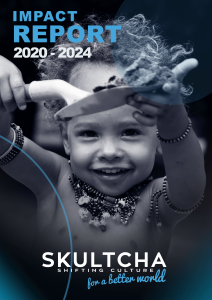
We are a ‘ecosystem of systemic change agents’ all having various skills, knowledge, experience – some might even have super powers!
Download the full report here IMPACT REPORT
SKULTCHA IMPACT MAP
WHO WE WORK WITH
CLIENT MIX

We work with a diverse variety of people and organisations, including the private sector, governments, NGOs, development aid partners and donors.
SECTOR MIX

We work across a range of sectors, including mining, international development aid, waste management, plastic industry, manufacturing, agriculture, ITC(Information and Communications Technology), art and culture, health, energy, banking and finance.






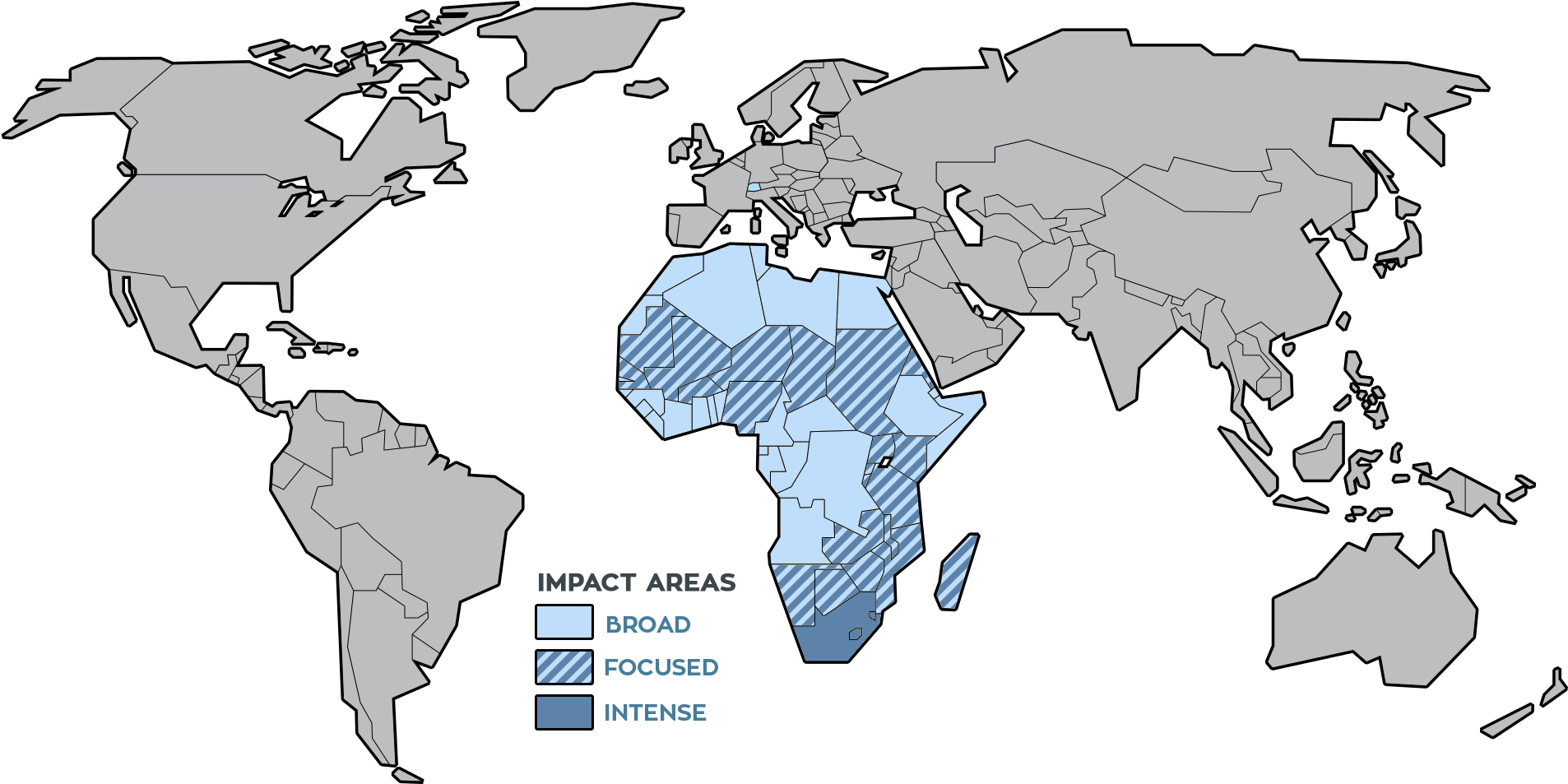
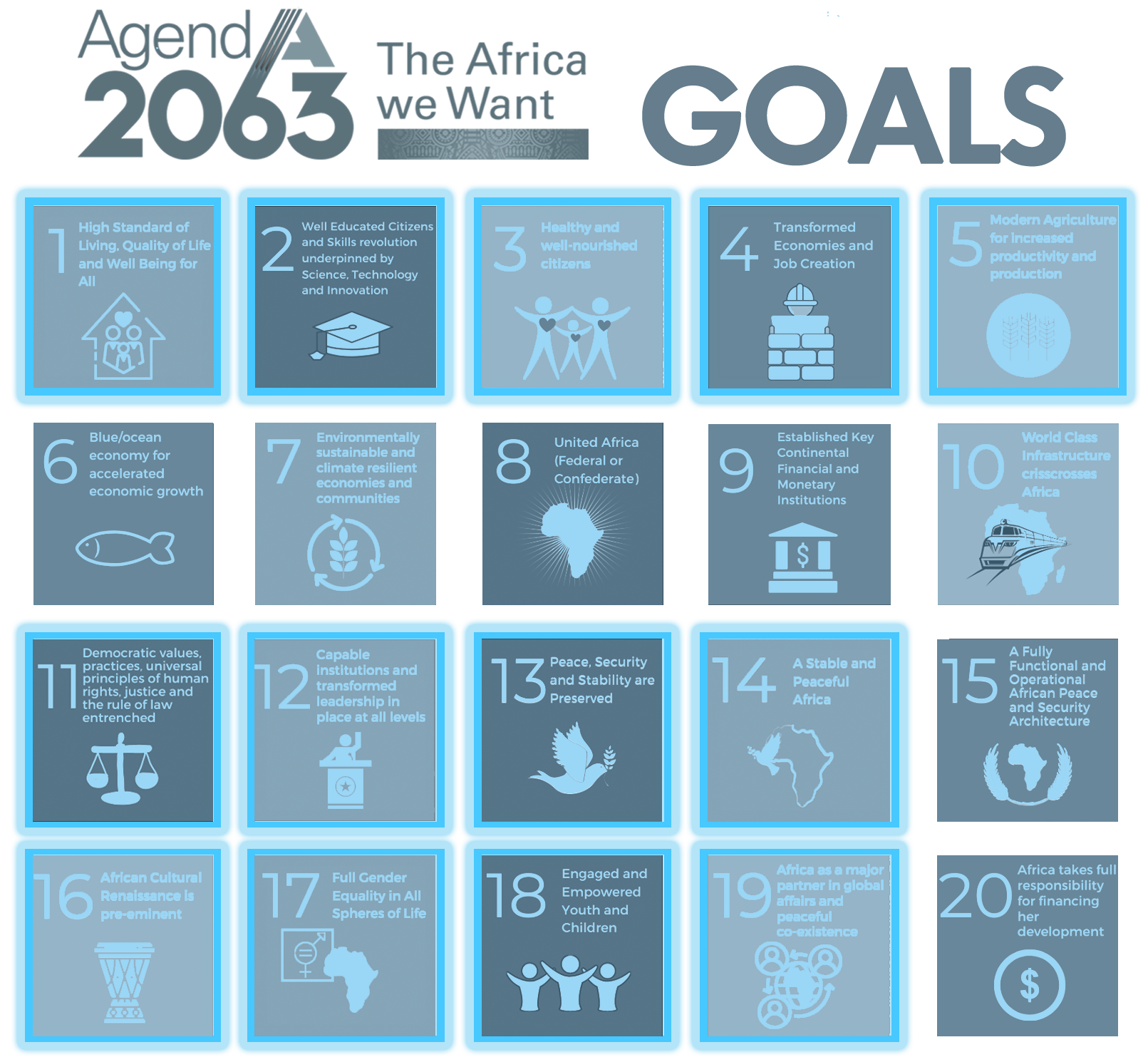
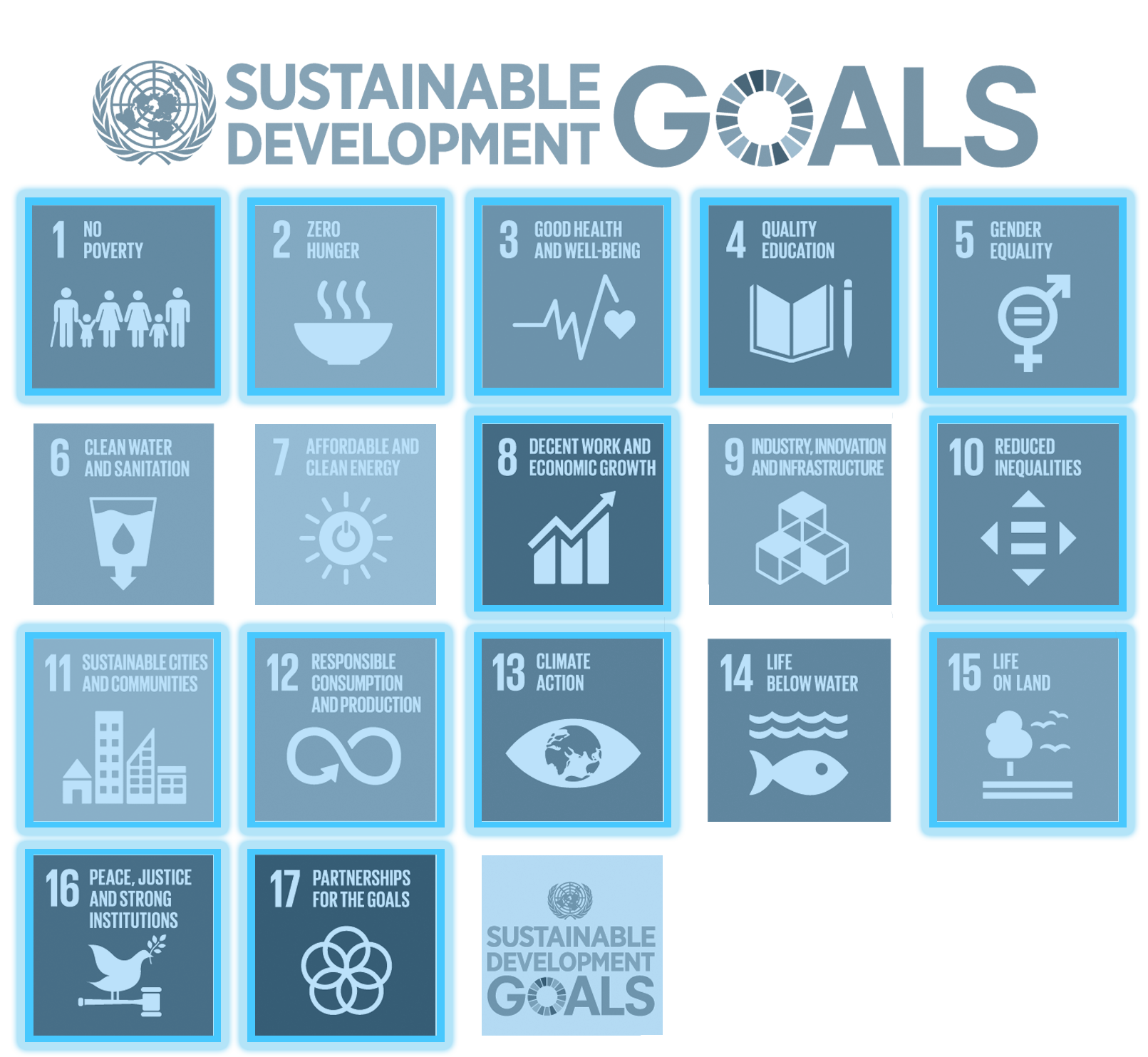










Get Social